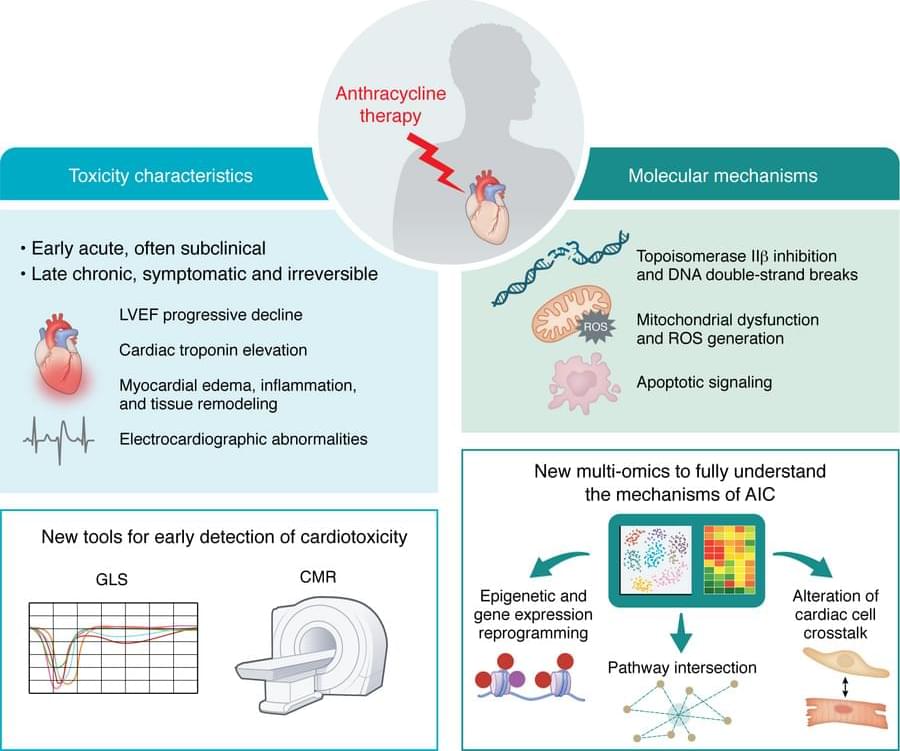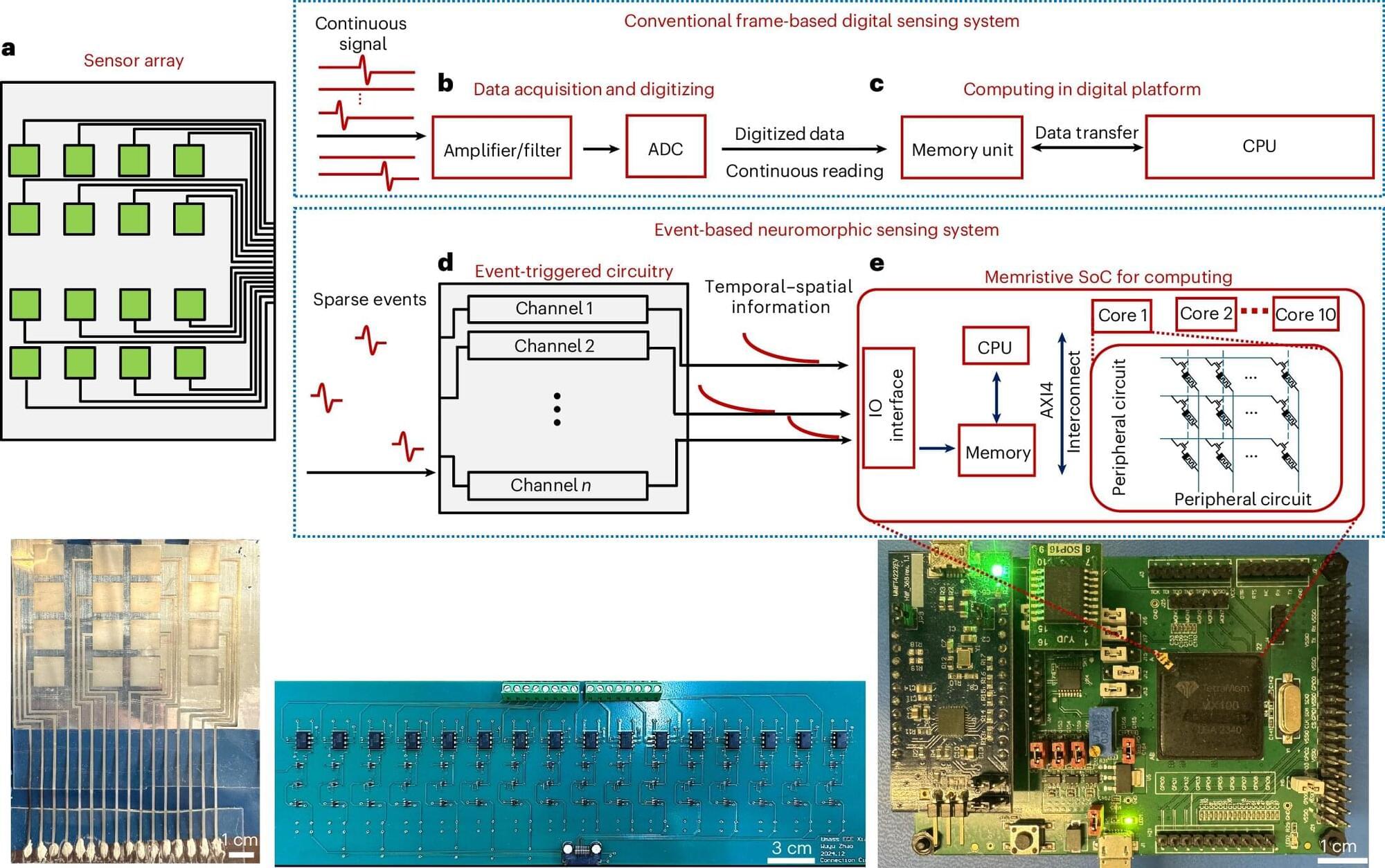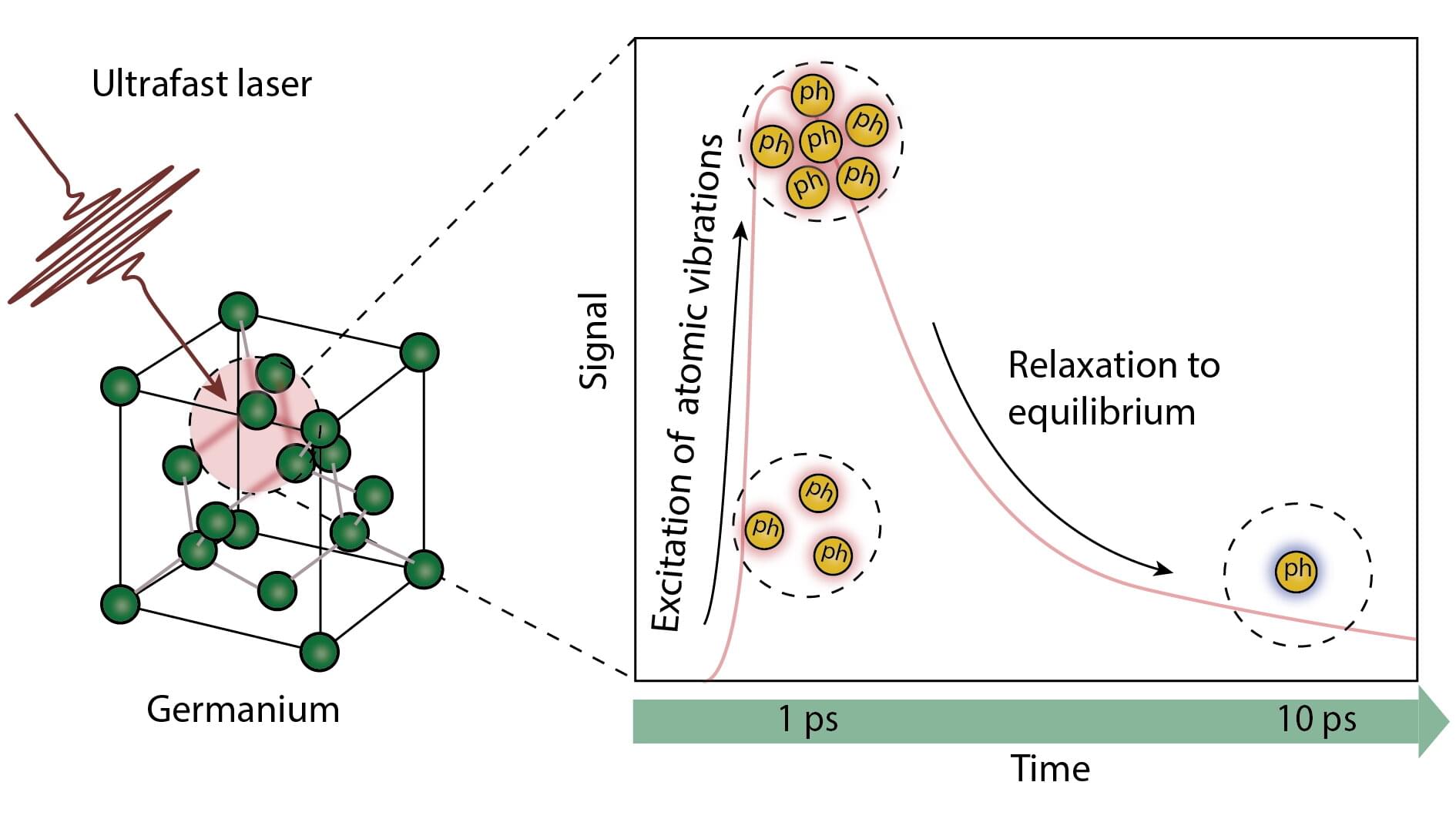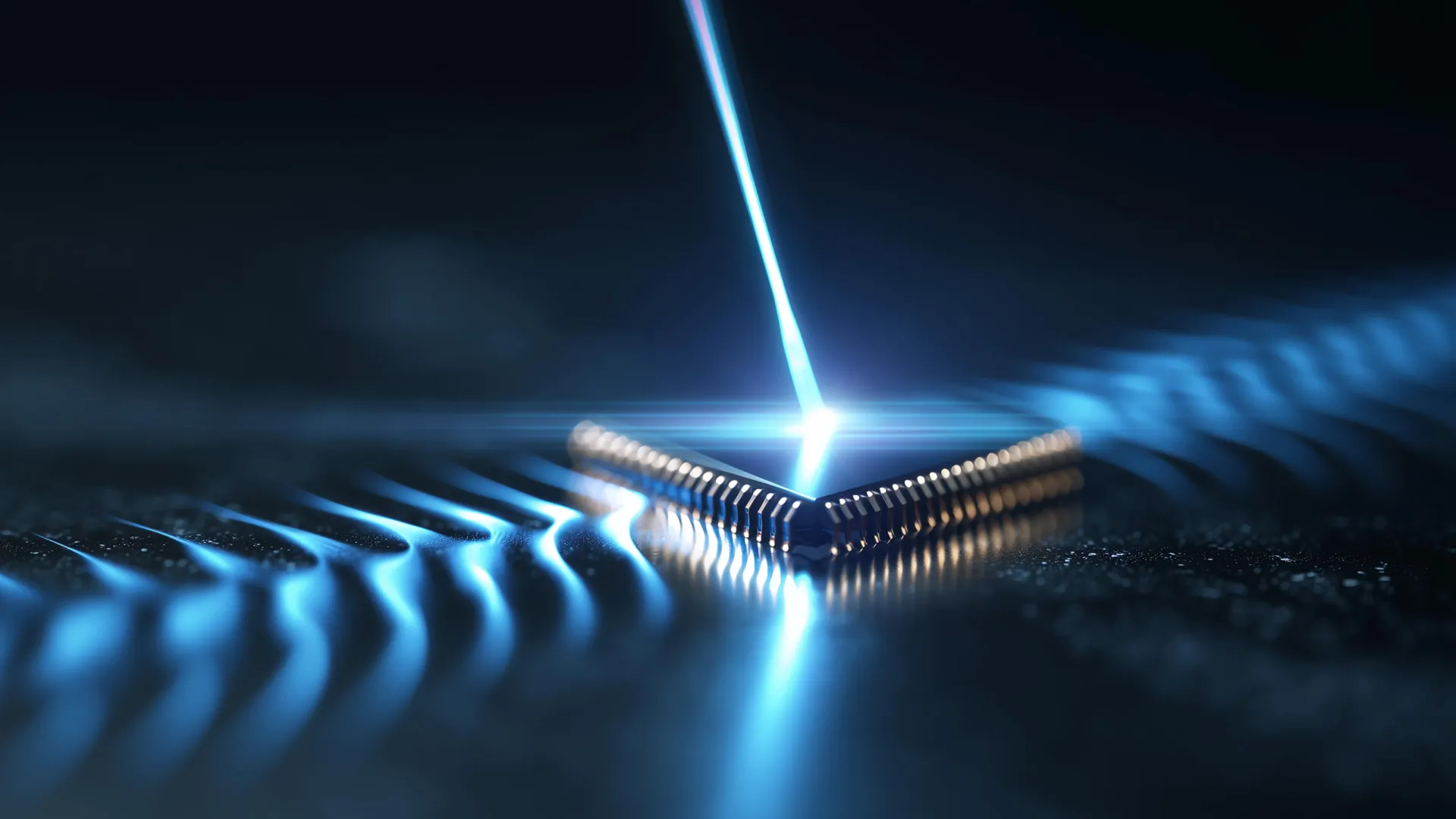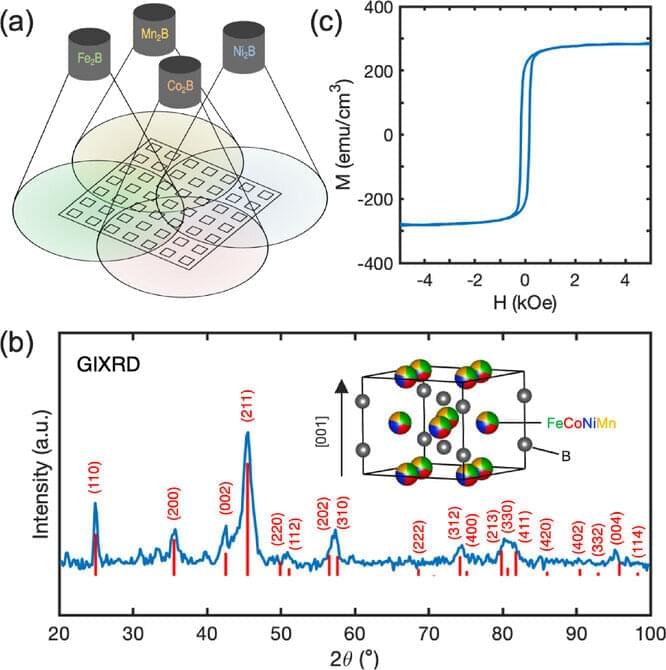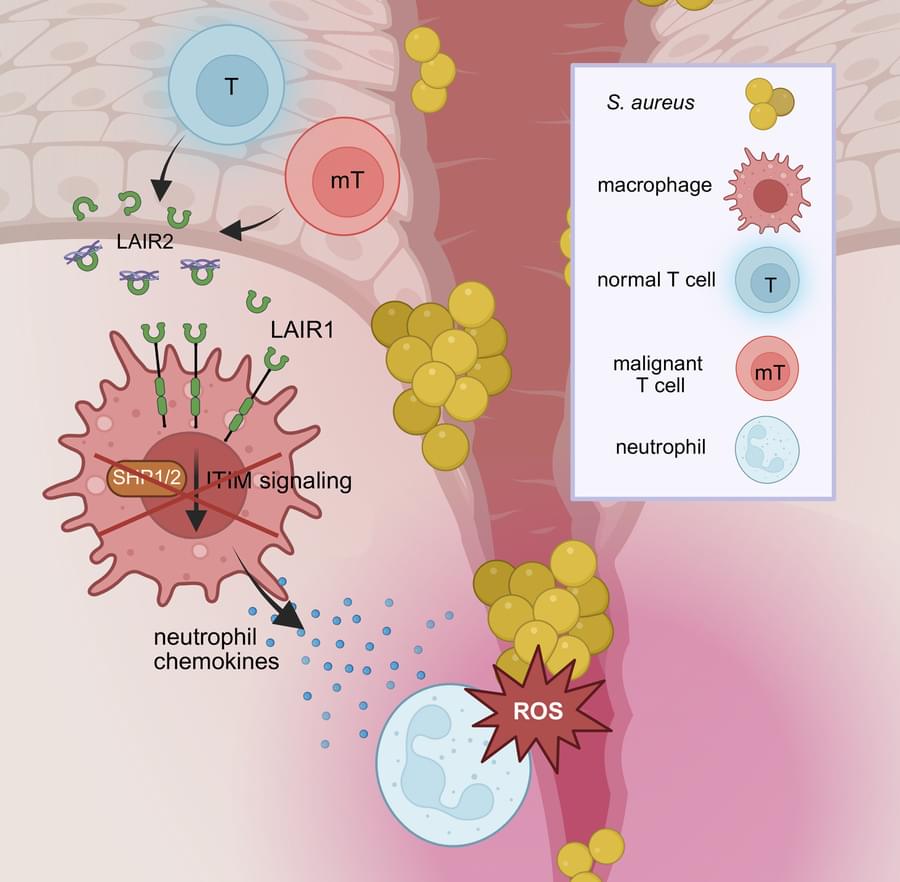A novel lithium-ion battery that uses silicon in its anodes may have the highest energy density of any battery currently commercially available. Its manufacturer, Enovix, says it has shipped the new battery to a leading smartphone company for a debut in mobile phones later this year.
Many of the lithium-ion batteries that power everything from mobile devices to electric cars use graphite in their anodes. However, for decades, researchers have investigated silicon as a replacement for this graphite. In theory, silicon offers roughly 10 times the energy density of graphite in lithium-ion batteries.
“Basically, graphite holds on to lithium using holes in its structure,” says Raj Talluri, CEO of Enovix. “In contrast, with silicon in the anodes—usually a silicon oxide or a silicon carbide—lithium actually chemically combines with the silicon to form a new material. This lets a silicon-based anode hold on to much more lithium than graphite during charging. When the battery discharges, the silicon material goes back to its original state.”


